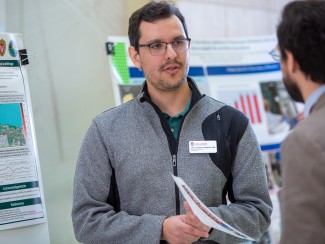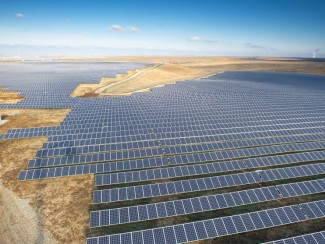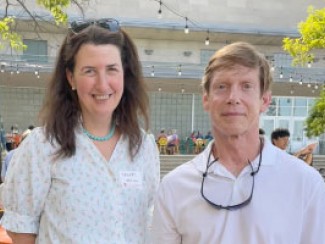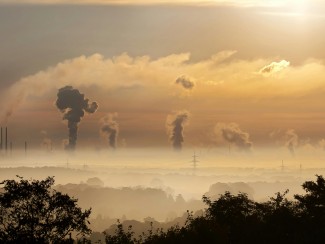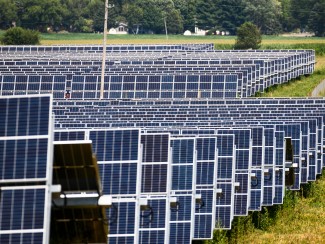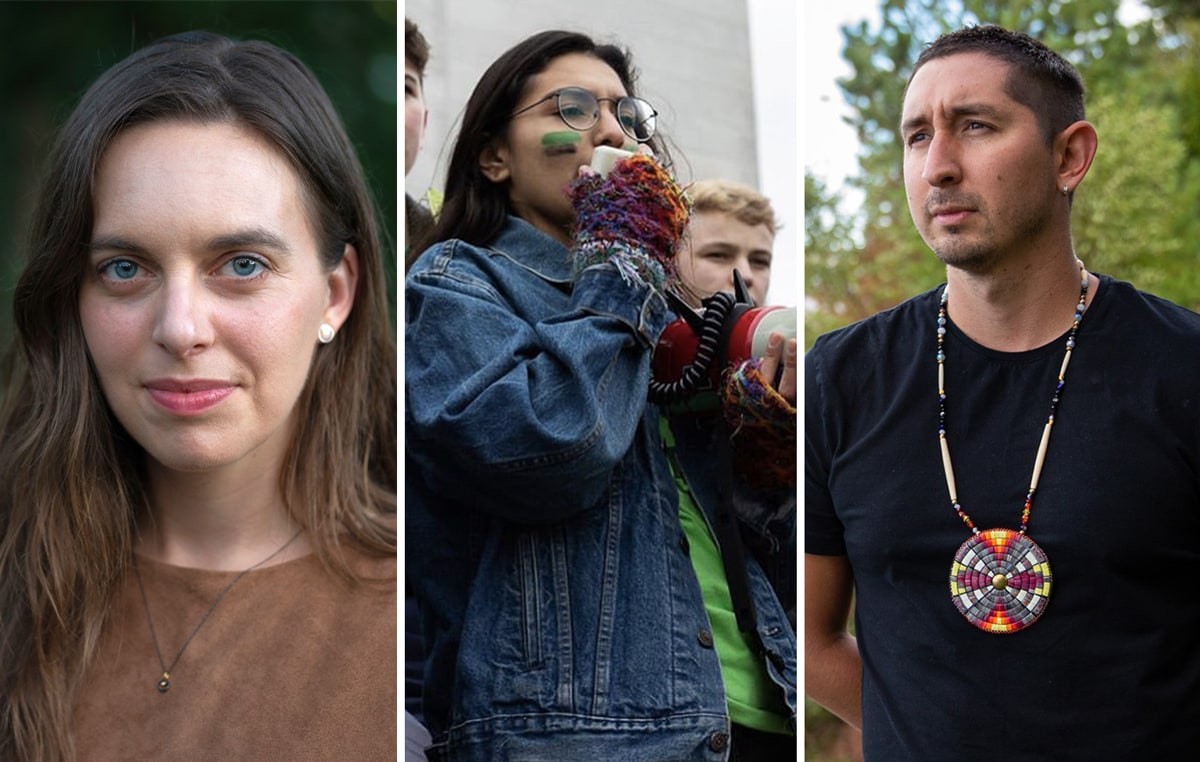
As much as climate change is a national and global issue, it’s also a local one. On April 7, from 7:00-8:15 p.m., the Wisconsin Energy Institute hosted a panel of experts to discuss close-to-home actions to address the climate crisis in a free, online event. Held in collaboration with more than 100 colleges and universities around the world, "Solve Climate by 2030" focused on climate change solutions at the state, local, and individual levels and encourages classrooms across the state to hold follow-up discussions on climate change. Watch the event here.
We checked in with panelists Stephanie Janeth Salgado Altamirano and Dylan Bizhikiins Jennings, and moderator Morgan Edwards, UW–Madison assistant professor of public affairs, on the challenges we face in climate education and action.
Why is adding climate courses for young people important?

Morgan Edwards: Young people are already leading on climate. They’re seeing the effects of the climate crisis in their lives and communities and fighting for climate policies centered on justice and green recovery. When we #MakeClimateAClass, we open up space to build community, explore solutions, and invest in a new generation of climate leaders.
Dylan Bizhikiins Jennings: Adding climate courses for young people starts important dialogue and critical conversations. We do our youth an extreme disservice when we shield them from the world they are about to inherit.
Stephanie Janeth Salgado Altamirano: Widespread education of climate change brings us one step closer to engaging in the conversation on how to address it. However, we know that systems of oppression affect young people's lives and thus anxiety and depression will become more prevalent if we do not learn how to be more empathetic with one another.
What do you think college and high school students can take away from this type of event?
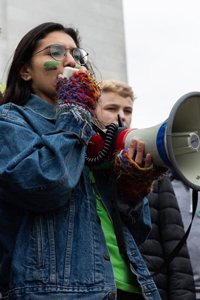
Altamirano
Janeth Salgado Altamirano: Young people have had no other option but to grow up and start calling out our decision makers regarding climate change. Young people with different identities know they will be affected by climate change differently and therefore have had to educate others regarding systems of oppression that haven’t been addressed. As a young person, I believe educating other young people is the perfect recipe to move forward climate justice initiatives.
Edwards: Climate change is connected to everything. You can’t “solve” climate change without talking about racial justice, public health, and economic recovery. There are also many different ways to contribute to climate solutions. Whether you’re an artist, engineer, activist, or teacher, you can be part of the process of transforming the world.
What’s an advantage of addressing climate change on a local/statewide level?
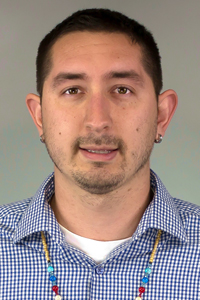
Jennings: I think on a local level it’s an opportunity to come together on an issue in common and maybe encourage local communities and states to raise the bar in addressing climate change. I often remind people that our tribal nations are constantly encouraging us to look beyond the state and federal boundaries that sometimes confine our thinking and processes. In order to truly address climate change in a more wholistic and substantive manner, states and nations need to work together.
Edwards: We need all hands on deck to tackle the climate crisis. Cities and states have a long history of leading on climate change. They can find solutions that work in their communities and have multiple benefits – for example, reducing local air pollution or investing in new industries. Research shows we can reduce emissions of climate warming greenhouse gases fastest when we have action at all levels of government.
The time is ripe for action, not just because of the urgency of the problem, but the costs of the solutions are rapidly declining, and people are engaged and want to see their governments tackling this issue. There’s a lot we can learn by seeing what works on the ground and what doesn’t. The Solve Climate global dialogue is a great opportunity to learn from each other.
Learn more about the Solve Climate by 2030 panelists and watch the recording of the event here.

